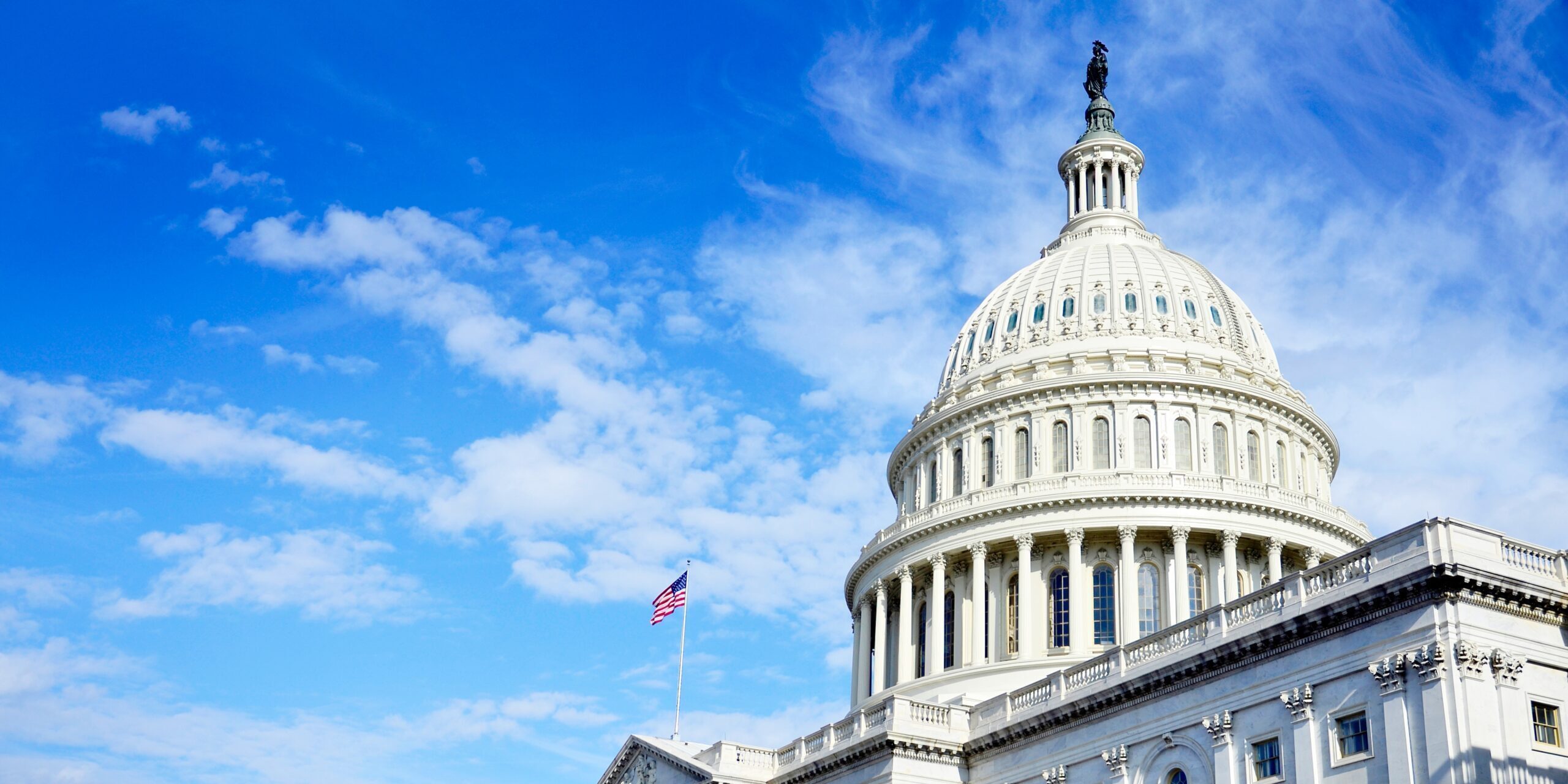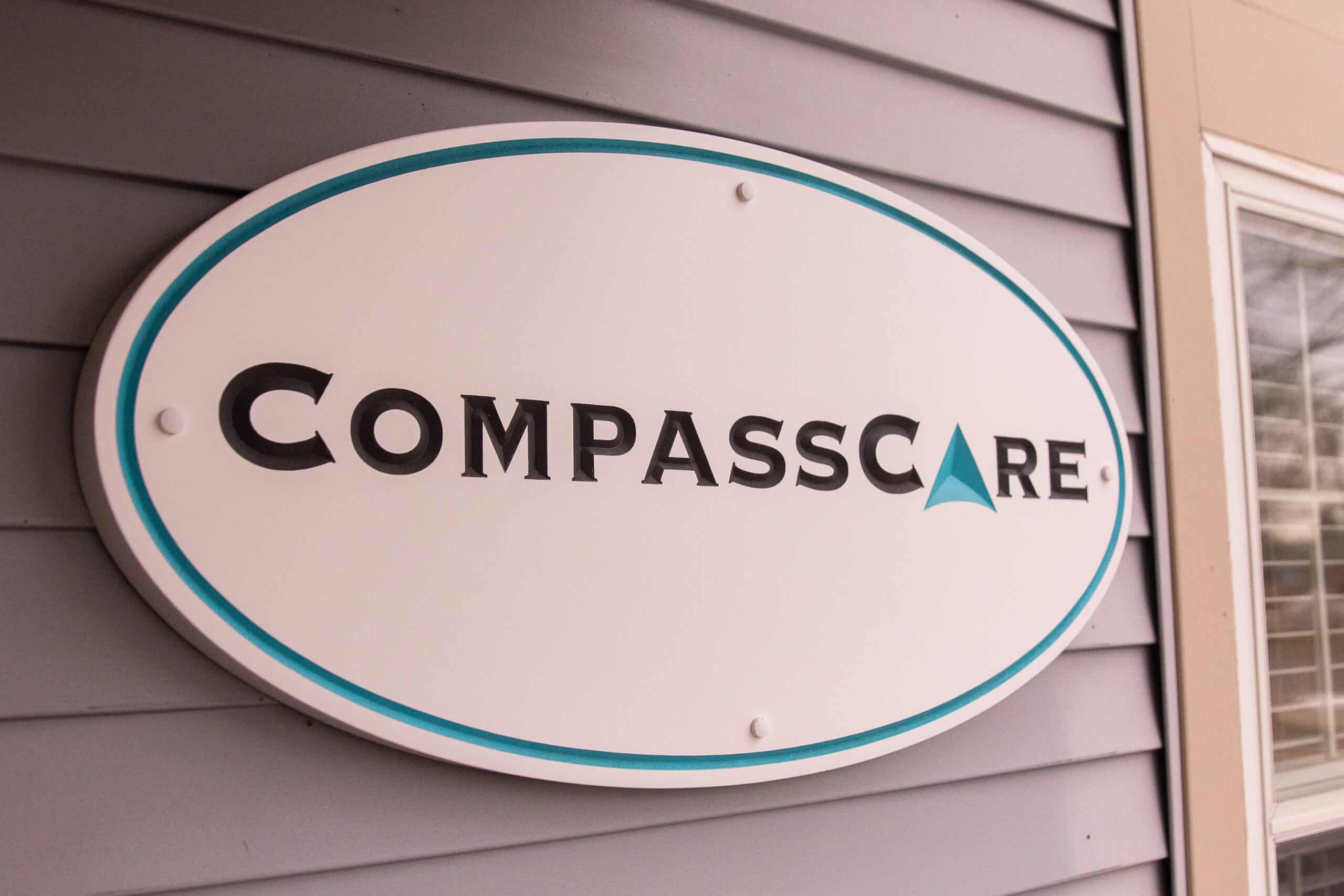Airports Investigated for Religious Freedom Discrimination Against Chick-fil-A

There’s some good news in the battle over Chick-fil-A’s presence in city airports.
The Federal Aviation Administration’s (FAA) Office of Civil Rights began an investigation into two airports that had excluded Chick-fil-A restaurants – San Antonio International and Buffalo Niagara International. The airports are being looked at for discriminating “against a private company due to the expression of the owner’s religious beliefs,” according to the FAA announcement.
The San Antonio City Council voted in March to ban the restaurant in the name of “equality and inclusion.” Council members were upset by a report from ThinkProgress that the Winshape Foundation, a charity established by Chick-fil-A founder Truett Cathy, had donated money to groups such as The Salvation Army, Fellowship of Christian Athletes, and a Georgia home for boys, The Paul Anderson Youth Home.
ThinkProgress is a news website that is a project of the Center for American Progress Action Fund, an organization funded by George Soros, with close ties to the Obama and Clinton administrations.
San Antonio was followed swiftly by the Buffalo Niagara International Airport, which also scrapped plans to bring a Chick-fil-A restaurant to its airport. The actions were just the latest in a series of attempts by activists to boycott the fast-food chain, beginning in 2011.
The Department of Transportation (DOT) made this announcement about its investigation last Friday:
The Department has received complaints alleging discrimination by two airport operators against a private company due to the expression of the owner’s religious beliefs.
FAA’s Office of Civil Rights has notified the San Antonio International Airport (SAT) and Buffalo Niagara International Airport (BUF) that it has opened investigations into these complaints.
FAA notes that Federal requirements prohibit airport operators from excluding persons on the basis of religious creed from participating in airport activities that receive or benefit from FAA grant funding. The findings of the investigations will be communicated to the complainants once the investigations are completed.”
Chick-fil-A stated that it was not involved in the inquiry, “We are a restaurant company focused on food and hospitality for all, and we have no social or political stance.”
Shortly after the San Antonio ban, First Liberty requested public records and documents about the decision. First Liberty is a non-profit, Texas-based legal organization dedicated to protecting religious freedom. The group said, “With our investigation, we’re looking to ensure that San Antonio officials do not receive federal grant money to subsidize bigotry and religious animosity.”
First Liberty then sent a letter to DOT Secretary Elaine Chao back in March, calling for an investigation. Their letter outlined the following allegations against the city council:
- That there is clear evidence of pervasive, intentional religious discrimination by members of the city council of San Antonio.
- That the San Antonio city council’s engagement in this unconstitutional religious discrimination makes them ineligible for federal grants.
- That the City of San Antonio’s council members violated local and federal policies requiring nondiscrimination.
All of us can be grateful for groups like First Liberty as they work to defend religious freedom. And hungry students and travelers can be thankful that, despite attacks from activists in cities and universities across the country, Chick-fil-A is thriving. For those craving waffle fries or a chicken sandwich, its website lists nearly 300 college campuses and more than 30 airports with restaurants around the country.
As the Cowz would say, “Eat Mor Chikin.”
ABOUT THE AUTHOR
Jeff Johnston is a culture and policy analyst for Focus on the Family and a staff writer for the Daily Citizen. He researches, writes and teaches about topics of concern to families such as parental rights, religious freedom, LGBT issues, education and free speech. Johnston has been interviewed by CBS Sunday Morning, The New York Times, Associated Press News, The Christian Post, Rolling Stone and Vice, and is a frequent guest on radio and television outlets. He graduated Phi Beta Kappa from San Diego State University with a Bachelors in English and a Teaching Credential. He and his wife have been married 30 years and have three grown sons.




